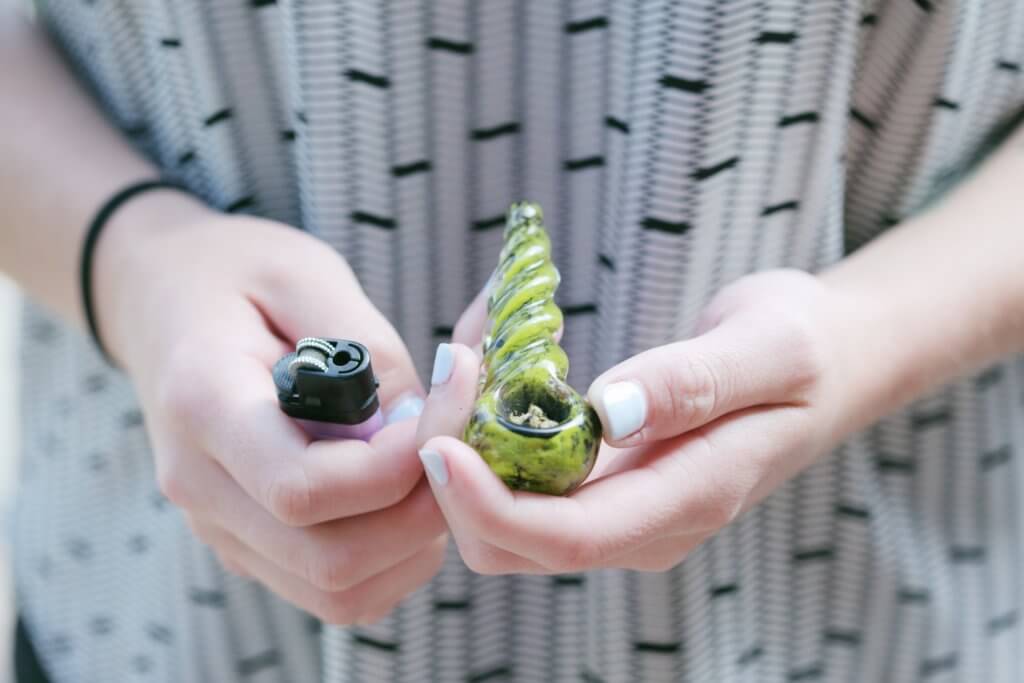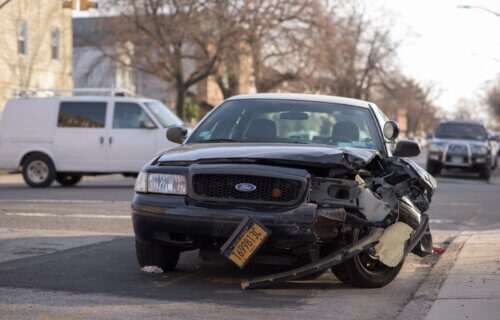CHICAGO — The legalization of cannabis in the United States appears to have a link to an increase of 22 percent in fatal road crashes in certain states, according to a startling study. Researchers from the University of Illinois Chicago School of Public Health investigated seven states that permit recreational cannabis dispensaries. Their findings revealed that fatal road accidents had escalated dramatically in four of these states.
On average, fatal crashes have seen a rise of 10 percent. The researchers employed data from death certificates to contrast mortality rates in states where recreational cannabis dispensaries were legalized with states where only medical cannabis was accessible. The collected data, spanning from 2009 to 2019, centered on deaths in three categories previously associated with cannabis use but still poorly understood: motor vehicle accidents, suicide, and opioid overdose.
The states under investigation were Alaska, California, Colorado, Massachusetts, Nevada, Oregon, and Washington. Analysis of the data showed considerable increases in crash fatalities in Colorado (16%), Oregon (22%), Alaska (20%), and California (14%). In contrast, recreational cannabis markets correlated with an 11-percent average reduction in fatalities due to opioid overdoses. Across all seven states, the decrease varied from three to 28 percent.
Interestingly, the researchers found no evidence that recreational cannabis markets influenced suicide rates. The team adds that this finding is significant given the established association between cannabis use and the onset of depressive disorders and suicidality.

“To see a 10 percent increase in motor vehicle accident deaths associated with recreational markets is concerning,” says Dr. Samantha Marinello, first author of the study, in a university release. “Previous studies have found cannabis impairs driving ability and that driving while high is fairly common among regular cannabis users.”
For each cause of death, the researchers compared trends in deaths in states with legal markets to those in states that had comprehensive medical cannabis programs and similar trends in death rates prior to implementing markets.
“We didn’t want to compare states with very different mortality trends or social ideology, so we looked at each state and outcome and identified comparison states with existing medical cannabis programs and with similar pre-trends to conduct our analysis,” Marinello continues.
“The results suggest that a potential unintended consequence of recreational markets is increased cannabis-intoxicated driving and crash deaths, and, hence, a potential need for policies focused on reducing driving under the influence of cannabis.”
Dr. Marinello says the team’s findings suggest that it may be beneficial for states with legal recreational cannabis to create policies and public health programs which attempt to curb the potential harm of using these substances as well as build awareness that driving under the influence can be deadly. The study authors adds that the drop in opioid overdose deaths is another potential area of impact that states should consider when examining the benefits of marijuana legalization.
“This study provides evidence of both potential benefits and harms that policymakers should consider when legalizing recreational cannabis markets,” Marinello concludes.
The findings are published in the journal Social Science & Medicine.
The evidence has been building for years
In 2022, another study tied legalizing marijuana in the United States to upticks in severe car crashes. That study found that number of crashes that led to injury also rose by just under six percent in states with legalized marijuana. Meanwhile, the team did not see a spike in a comparison group of six states that have not legalized the drug.
In 2019, researchers from the University of California-San Francisco reviewed over 28 million hospital records from before and after recreational cannabis was legalized in Colorado in December 2012. They found that hospital admissions related to cannabis use increased after legalization compared to other states. But, when taking all hospital admissions and time spent in hospitals into account, they didn’t find a significant increase after recreational marijuana was legalized.
Still, results showed a 10-percent increase in motor vehicle accidents, a five-percent jump in alcohol abuse and overdoses that resulted in injury or death, and five percent fewer hospitalizations for chronic pain after marijuana legalization.
South West News Service writer Jim Leffman contributed to this report.


Reefer-Madness-Propaganda-Bologna. *yawn some more*. Legalizing Cannabis will not create a massive influx of marijuana impaired drivers on our roads.
It will not create an influx of professionals (doctors, pilots, bus drivers, etc..) under the influence on the job either.
This is a prohibitionist propaganda scare tactic.
Truth: Responsible drivers don’t drive while impaired on any substance period!
Irresponsible drivers are already on our roads, and they will drive while impaired regardless of their drug of choice’s legality.
Therefore, legalizing cannabis will have little impact on the amount of marijuana impaired drivers on our roads.
The same thing applies to people being under the influence of cannabis on the job.
Responsible people do not go to work impaired, period. Regardless of their drug of choice’s legality.
Contrary to what prohibitionists are so desperately trying to get the public to believe wholeheartedly and without question, legalizing cannabis IS NOT adding anything new into our society that wasn’t always there and widely available already.
Therefore cannabis legalization does not lead to some massive influx of new cannabis consumers. The very same people who have been consuming cannabis during it’s prohibition are for the most part the very same ones who will be consuming cannabis when it’s legal.
The prohibition of cannabis has never prevented cannabis’s widespread availability nor anyone from consuming cannabis that truly desires to do so.
Cannabis has been ingrained within our society since the days of our founding fathers and part of human culture since biblical times, for thousands of years.
So, since cannabis has always been with us and humans already have thousands upon thousands of years worth of experience with cannabis, what great calamities and “Doomsday Scenarios” do prohibitionists really think will happen now due to current legalization efforts that have never ever happened before in all human history?
Legalize Nationwide Federally Now!
It isn’t weed, alcohol or firearms. It is people being irresponsible.
Correlation not causation. All of the states you mentioned have rapidly growing populations. More people = more accidents to be had. Stop further brainwashing already radicalized right wing nut jobs please
Who knew!!!!
I don’t care which drug kills users as they switch one to another, but traffic collisions (not accident if you’re high) often kill other innocent people. So they’re committing murder. That needs to be punishable by actual life in prison.
Compare alcohol and marijuana related deaths. If the issue is safety, prohibit alcohol, not marijuana. If the issue is violence, prohibit alcohol, not marijuana. If the issue if crime, prohibit alcohol, not marijuana. Case closed.
Who is dying in these traffic fatalities? The cannabis users, or people they collide with? I do not find that info…please redirect me if I missed it.